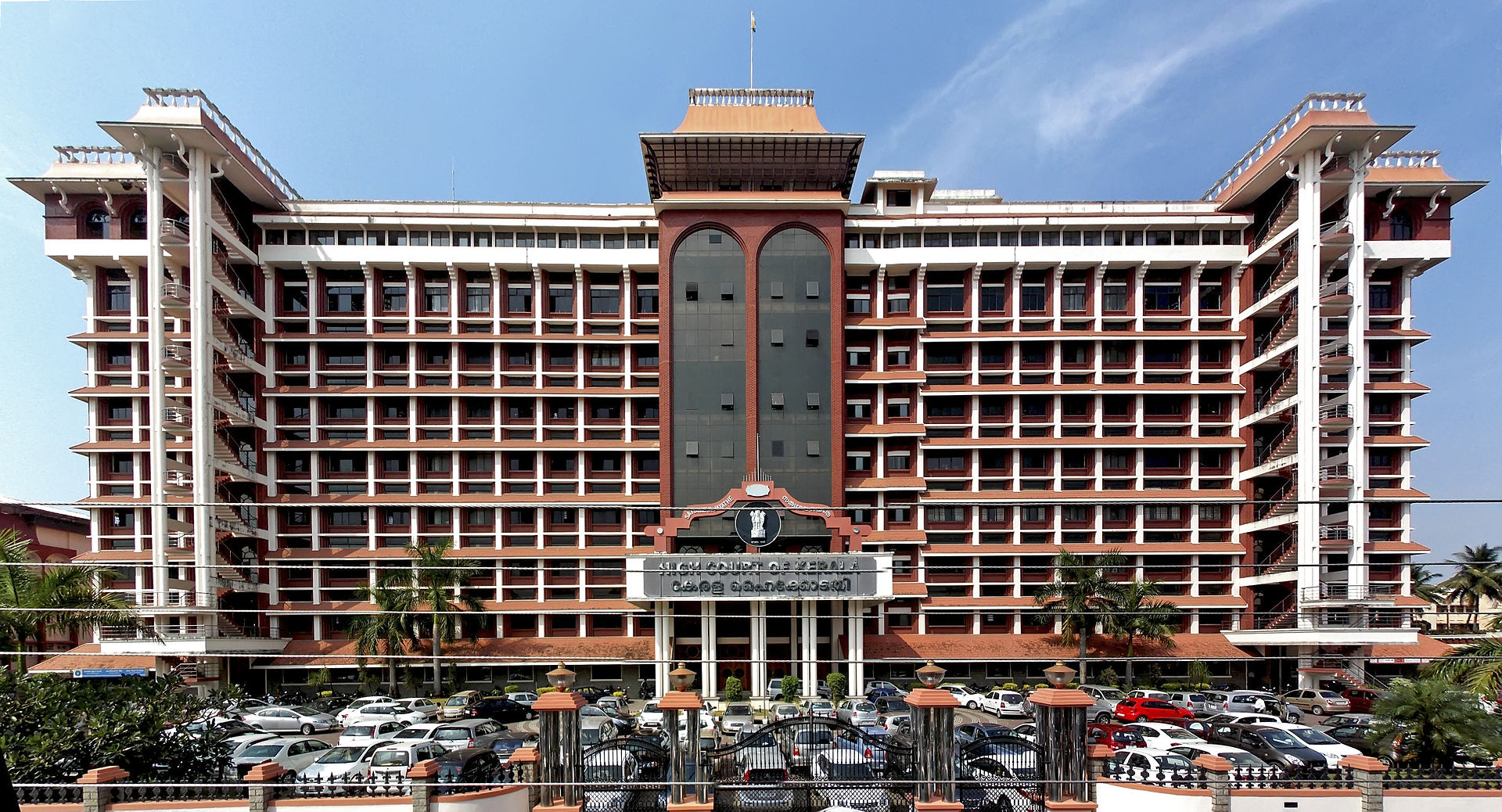The Kerala High Court in the case Southern Railway v. M/s Cherian Varkey Construction Co. Pvt Ltd observed and stated that the cause of action giving a party the right to refer a dispute to arbitration only accrues when there is a clear and unambiguous denial of a right by one party by the other.
The Division bench comprising of Justice P.B. Suresh Kumar and Justice C.S Sudha observed and dismissed the petition filled by Southern Railway challenging the decision of the Additional District Court.
The bench observed that since a dispute entails a positive element, a mere inaction to pay does not lead to the inference that a dispute exists and for reference of a dispute to arbitration, there is no right to apply, until there is a clear and unequivocal denial of the right asserted by one party by the other.
In the present case, the respondent is a contractor who was awarded certain work from the appellant Southern Railway for the construction of an overbridge.
In 2008, the work was completed and periodical payments were made to the contractor during the execution. It was observed that the Railway drew up the final bill of the work and the balance payment was released in 2012. In 2010, the claim was raised by the contractor of Rs. 1.19 crores.
It was observed that without considering this claim, the final payment was released and the contractor’s sought resolution of the dispute by appointing an arbitral tribunal as provided for in the contract in 2014. It was argued by the Railways before the tribunal that the contractor’s claim was barred by limitation and that it should have been raised within three years from the date of completion of the work. On this ground, the contractor’s claim was dismissed by the Tribunal.
An appeal under Section 34 of the Arbitration and Conciliation Act 1996, was moved by the contractor and the award was set aside by the Additional District Court, the court holding the date of the final bill and not the date of completion of work, as for an arbitral reference, the crucial date for determining the limitation period.
Since, from the date of the final bill, the reference to arbitration was within the period of 3 years, the claim was found to be within limitation period prescribed.
Aggrieved with the same, the Railways approached the High Court.
It was recalled by the Division bench that the period of limitation for applying for reference of a dispute for resolution by recourse to arbitration and the bench stated that under Article 137 of the Schedule to the Limitation Act, states for the appointment of an arbitrator. In terms of Article 137, the period prescribed is 3 years from the date on which the right to apply accrues.
Further, the next question before the court was when the right to apply for reference of a dispute for resolution by recourse to arbitration accrues.
The court observed, placing reliance on the Apex Court decision in State of Orissa v Damodar Das, it was found that the cause of action for a reference to arbitration begins when there is a clear and unambiguous denial of a right asserted by one party.
The bench observed that the agreement between the contractor and Railway contained a clause which provided that the final decision on the claims of the contractor would be taken only at the time of drawing the final bill by the Railway. In this case, this was in 2012, the date of drawing the final bill. Accordingly, the court dismissed the appeal, the order of the Additional District Court was found to be correct.
Cannot refer a dispute to arbitration unless there is clear denial of a right: Kerala HC
- Advertisement -

